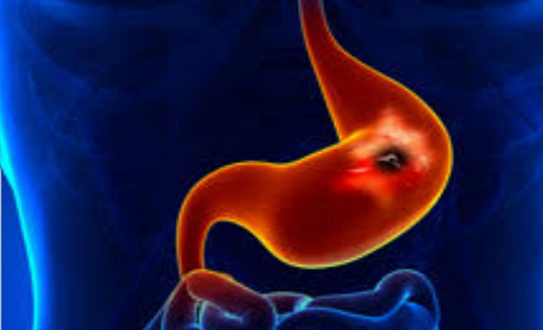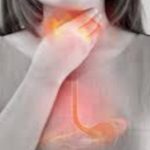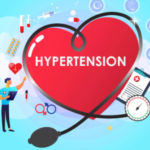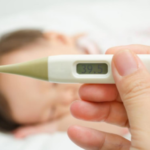Peptic ulcers are open sores that develop on the inside lining of the stomach and the upper portion of your intestine. Peptic ulcers include gastric ulcers that occur on the inside of the stomach and duodenal ulcers that occur on the inside of the upper portion of the small intestine (duodenum).
Many cases of peptic ulcer disease develop because a bacteria infection eats away the protective lining of the digestive system. People who frequently take pain relievers are more likely to develop ulcers.
Risk factors
- A family history of ulcers
- Regularly drinking alcohol
- Illness such as liver, kidney, or lung disease
- Smoking
- Frequent use of some groups of common pain relievers
- Frequent use of nonsteroidal anti-inflammatory drugs
Symptoms
- Burning stomach pains
- Intolerance to fatty foods
- Heartburn
- Feeling of fullness
- Bloating or belching
- Appetite change
- Unexplained weight loss
- Dark blood in the stool
- Vomiting blood which may appear black or red
The most common peptic ulcer symptoms are burning stomach pains, stomach acid makes the pains worse, as those have an empty stomach. The pains can often be relieved by eating certain foods that cushion stomach acid by taking an acid-reducing medicine, but then it may come back. This pain may be worse between meals and at night.
Causes
A bacterium: This infection the stomach and about 50% of the world’s population has an H.pylori infection, often without any symptoms. Research has shown that H.pylori can be transmitted from one person to another especially during childhood, through kissing, food, and water.
The H.pylori bacteria stick to layers of mucus in the digestive tract and cause inflammation irritation which can cause the protective lining to breakdown. This breakdown is a problem because the stomach contains strong acids intended to digest food without the mucus layer to protect it, the acid can eat into stomach tissue.
However, for most people, the presence of H.pylori doesn’t have a negative impact only 10% to 15 % of people with it end up developing ulcers.
- Read also; HEART DISEASE: Heart attack, symptoms, causes, and control
- Back Pain: Understanding back pains and health tips
Frequent use of pain reliever: This is the use of NSAIDs ( nonsteroidal anti inflammatory drugs) a group of medications used to relieve pains, those medicines have the potential to cause peptic ulcers.
They are medicines like
- Aspirin
- Naproxen, Aleve(R), Anaprox DS,Naprosyn (R) e t c
- Ibuprofen – Motrin (R)
- Prescription NSAIDs – Celebrex (R), Cambia(R) e t c
Complications
Untreated peptic ulcers can result in –
- Internal bleeding: Bleeding can occur as slow blood loss that leads to anemia or as severe blood loss that may require blood transfusions or hospitalization, severe blood stools causes black or bloody vomiting and black or bloody stools
- Gastric cancer: studies have shown that people infected with H.pylori have an increased risk of gastric cancer
- A hole in the stomach wall (perforation): peptic ulcer can eat up a hole through a perforation of the wall of the stomach or small intestine putting one at risk of serious infection of the abdominal cavity (peritonitis)
- Obstruction: peptic ulcers can block the passage of food through the digestive tract, causing one to become full easily, to vomit and lose weight either through swelling from inflammation or through scarring
Prevention
You may reduce the risk of peptic ulcer if you follow the strategies recommended as home remedies to treat ulcers, it also may be helpful to:
- Use caution with pain relievers: if you regularly use pain relievers that increases the risk of peptic ulcers, take steps to reduce your risk of stomach problems
- Protect yourself from infection: it is not clear how H.pylori spreads but there is some evidence that it can be transmitted from person to person or through food, water. Taking steps to protect oneself is essential.
In conclusion, work with your doctor to find an adequate medication that has the lowest dose possible that still relieves pain, avoid drinking alcohol when taking medication, since the two combined increases the risk of stomach upset.
Washing of hands frequently with soap and water reduces the risks of infection and also eating food that is well cooked.
By: Peace Chigozie

























































